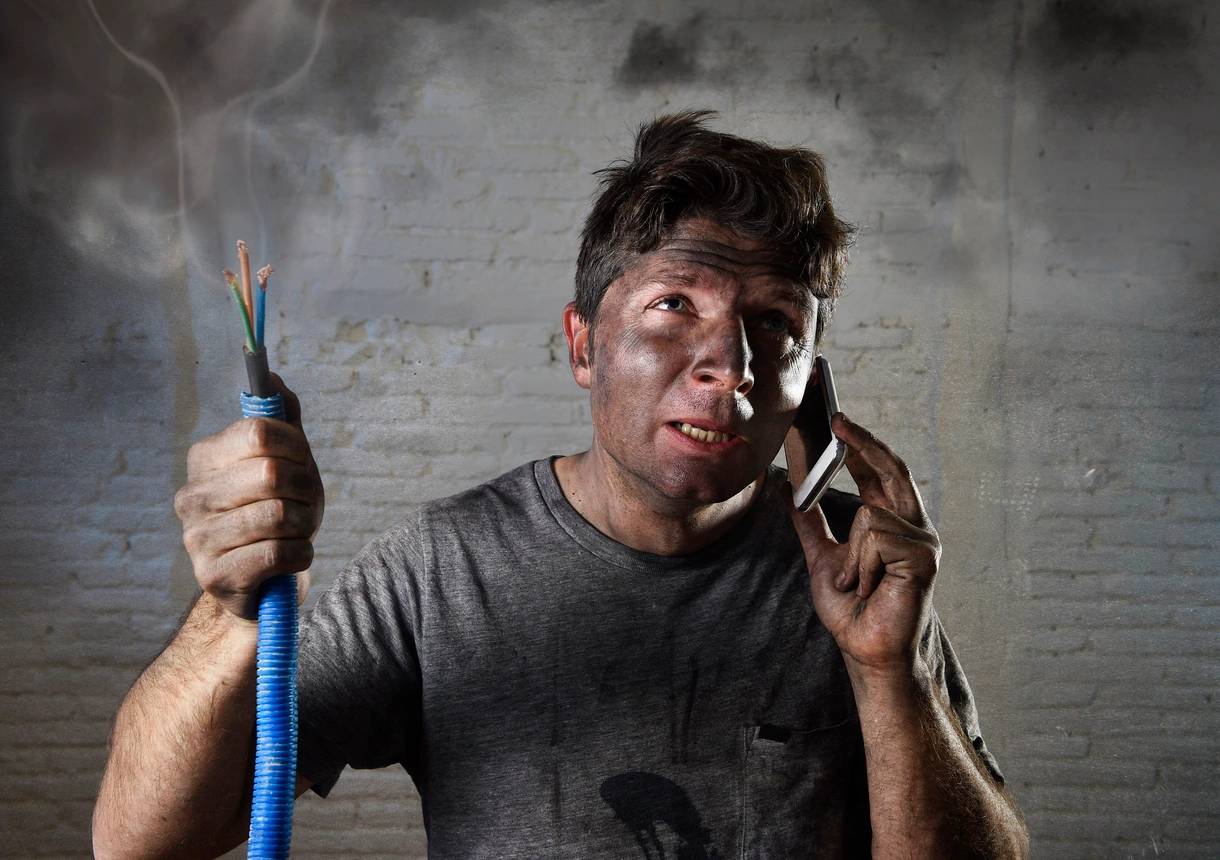This website uses cookies so that we can provide you with the best user experience possible. Cookie information is stored in your browser and performs functions such as recognising you when you return to our website and helping our team to understand which sections of the website you find most interesting and useful.
Privacy Overview






Plumbing Tips For Winter and Summer
Maintaining plumbing system integrity throughout the changing seasons is crucial for preventing costly repairs and ensuring consistent water flow. Whether you’re preparing for the frigid temperatures of winter or the sweltering heat of summer, understanding the specific needs of your plumbing can save you from headaches and unexpected expenses. So, this comprehensive guide provides essential plumbing tips to keep your plumbing in peak condition all year round.
5 Winter Plumbing Tips
Preparing your plumbing for winter is crucial to avoid costly damage and ensure a smooth flow of water during the cold months. So, find five essential winter plumbing tips to help you protect your pipes and maintain your home’s plumbing system efficiently.
In colder months, exposed pipes are at risk of freezing, which can lead to bursts and significant water damage. To prevent this, insulate your pipes using foam pipe insulation sleeves or wrap. Focus on pipes in unheated areas such as basements, attics, and garages. For added protection, use heat tape, which can be applied directly to the pipes to maintain a temperature above freezing.
Keeping your home’s thermostat at a consistent temperature is crucial in winter. Sudden temperature drops can increase the risk of pipe freezing. Aim to keep your home at a temperature no lower than 55°F (13°C), even when you’re away. This consistent warmth will help ensure that the water in your pipes remains at a safe temperature.
During extremely cold weather, allow a small stream of water to flow from faucets connected to pipes that run through unheated spaces. This constant flow helps to prevent water from freezing in the pipes. While this is a temporary measure, it can be especially effective during prolonged cold spells.
Inspect your home for gaps or cracks around doors, windows, and where pipes enter your home. Seal these openings with caulk or insulation to prevent cold air from coming into contact with your pipes. Even small gaps can contribute to significant heat loss and increase the risk of freezing.
Disconnect all garden hoses from outdoor spigots and drain them thoroughly. Leave the spigots open to allow any residual water to drain out and prevent freezing. If possible, shut off the water supply to outdoor faucets and drain them to avoid any risk of freezing and bursting.
5 Summer Plumbing Tips
As temperatures rise, it’s important to ensure your plumbing system can handle the increased demand and heat. Here are 5 essential summer plumbing tips to help you maintain efficiency and prevent common issues during the warmer months.
Summer is an ideal time to conduct a thorough inspection of your plumbing system. Check for any leaks under sinks, around toilets, and in exposed pipes. Early detection of leaks can prevent more serious damage and costly repairs. Fix any leaks promptly to avoid wasting water and to maintain your plumbing system’s efficiency.
With increased use of your plumbing system during summer, it’s essential to keep your drains clean. Avoid dumping grease, coffee grounds, or large food scraps down the sink, as these can lead to clogs. Use a drain cleaner or a mixture of baking soda and vinegar to keep your drains flowing smoothly.
Summer is a good time to inspect and service your water heater. Ensure that it’s functioning efficiently by checking the temperature setting (ideally, it should be set to 120°F or 49°C) and flushing the tank to remove sediment build-up. Regular maintenance can extend the life of your water heater and improve its efficiency.
While heat is less likely to cause pipes to burst, extreme temperatures can affect your plumbing system. Ensure that your pipes are protected from direct sunlight and excessive heat, which can cause them to expand and potentially lead to damage. Consider insulating pipes that are exposed to high temperatures.
If you have an irrigation system, check it for leaks and ensure that it’s functioning correctly. Adjust your sprinkler system to avoid overwatering and reduce water waste. Proper irrigation management will not only help conserve water but also prevent any potential damage to your irrigation system.
General Plumbing Maintenance Tips
Regardless of the season, conducting regular inspections of your plumbing system is key to identifying potential issues early. Look for signs of wear and tear, corrosion, or other damage that could lead to problems. Address any issues promptly to maintain the health of your plumbing system.
Ensure that you know the location of your home’s main water shutoff valve and any individual shutoff valves for specific fixtures. In the event of a plumbing emergency, being able to quickly turn off the water supply can minimize damage and reduce repair costs.
Educate everyone in your household about proper plumbing practices. Ensure that they know what should and shouldn’t be flushed or poured down the drain. Proper usage and maintenance by all members of the household can help prevent many common plumbing issues.
Conclusion
By following these winter and summer plumbing tips, you can protect your home from the adverse effects of extreme weather and maintain the efficiency of your plumbing system throughout the year. Regular inspections, timely maintenance, and proactive measures are essential for ensuring the longevity and functionality of your plumbing infrastructure.
How to Become an Electrician
October 15, 2024DIY vs Professional Electrical Work: When
September 18, 2024Top 5 Reasons to Hire Commercial
September 10, 2024Recent Comments
Categories
Meta